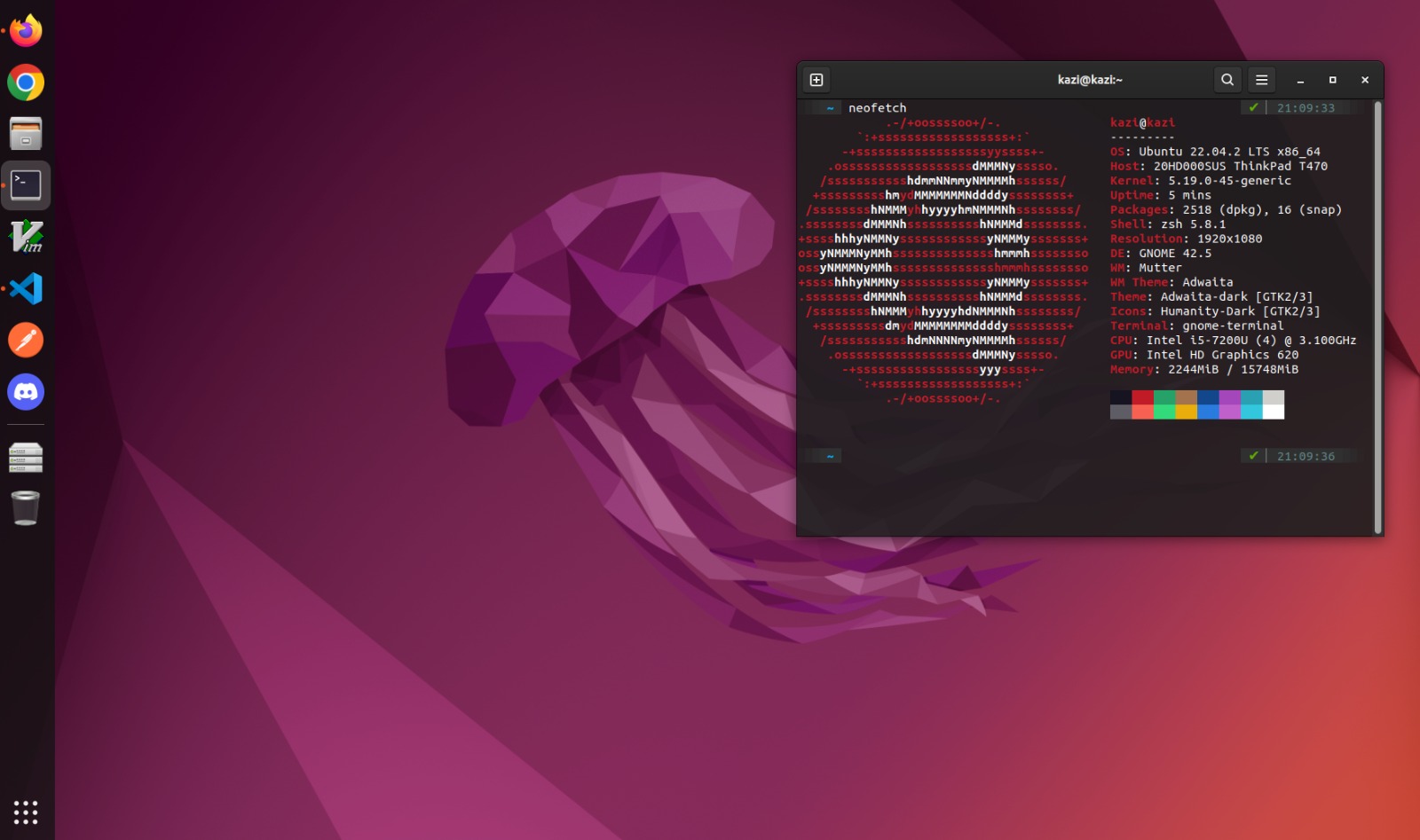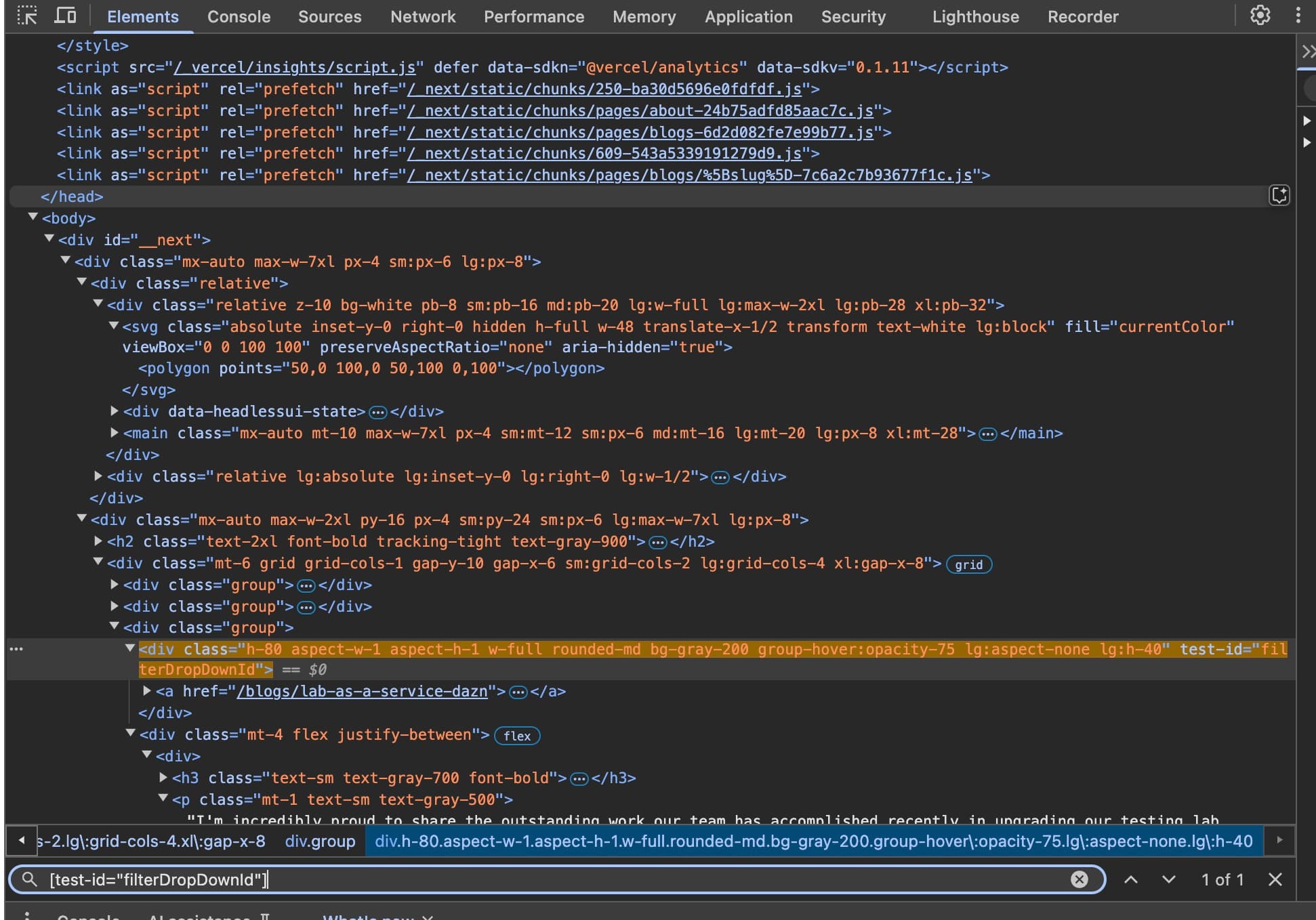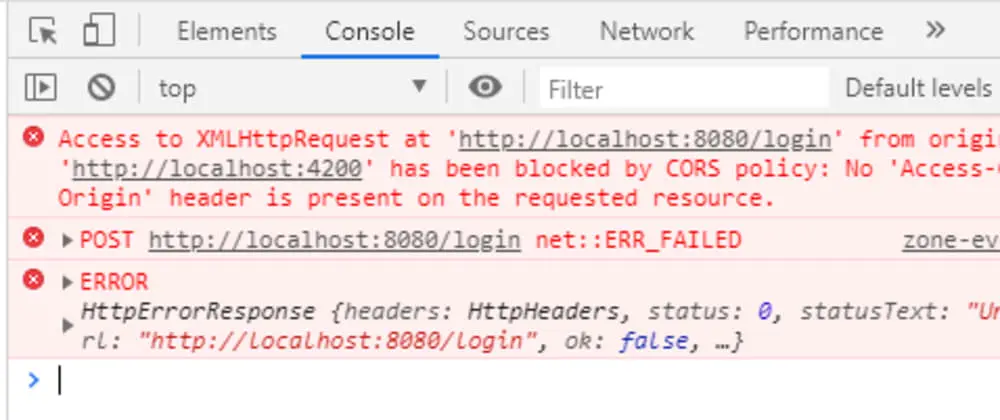I'll start with a personal perspective on this, and I know it might sound cheesy, but that's the how I look at it when looking back at my journey in the tech world. Switching to a Linux distribution (my case Windows to Ubuntu) was a turning point in my career.
Switching to Linux was more than a mere change of operating systems for me. It was a transformational journey that broadened my technical horizons and significantly impacted my growth as a software developer. As a former Windows user and QA engineer, I was accustomed to a certain work process and mindset. However, taking the leap to Linux opened up an entirely new realm of possibilities. Don't get me wrong, it wasn't easy at first, but eventually it was worth it.
Firstly, Linux introduced me to the power and efficiency of scripting. By utilizing fairly simple but yet effective bash script. I could automate many of my testing processes, enhancing productivity and accuracy. The ability to manipulate tasks via a script was a game-changer for me, driving me to delve deeper into programming and the nuances of my system.
Moreover, Linux unlocked a new dimension of community engagement. This was not just about using a new operating system, but joining a global collective of like-minded enthusiasts and professionals. By participating in discussions on platforms like Discord and Reddit, and listening to informative podcasts, I gained a wealth of knowledge and insights. The ability to share, learn, and grow in such a diverse and dynamic environment is truly one of the most fulfilling aspects of being part of the Linux community.
This transition to Linux was not simply a switch in tools; it was a paradigm shift that changed how I approached my work. It provided a deeper understanding of computing principles, exposed me to a broad spectrum of technical paradigms, and connected me a lot more with the software world. And to be honest, I even believe that at some point it made me believe that I can code due to the learning curve and problem solving that I had to do.
If you're still debating, I prepared a list of reasons why you should switch to Linux right now:
Open Source: The Heart of Innovation
Perhaps the most significant advantage of Linux lies in its open-source nature. The source code of Linux is freely available for modification and distribution. This grants engineers an incredible degree of freedom. Not only can you inspect the code to understand the system's inner workings, but you can also modify and optimize it to suit your specific needs. This level of customization leads to vast opportunities for learning and innovation, aligning perfectly with the creative and exploratory nature of a software engineer's work.
It's The Backbone of the Internet
It's fairly simple, most of the world's servers are running on Linux. From GCP, Azure to Amazon, Linux is the backbone of the Internet. As a software engineer/QA engineer, you'll likely be working with these systems, so it's essential to be proficient in Linux to handle these systems effectively. P.S, even if you're not working with cloud servers, Linux is still the most popular and widely used for Embedded, IoT and or any other system that you can think of.
Security and Stability
Linux boasts an outstanding reputation for its security and stability. Unlike other popular OSs that are frequent targets for viruses and malware, Linux is far less susceptible to such threats due to its user privilege model and diversity. Stability is another strong suit for Linux; it can handle numerous processes running simultaneously without a hitch. This trait is crucial for software engineers who need their systems to perform consistently under heavy workloads.
Superior Command Line Interface
Ah the CLI - Best thing ever. Once you get used it, you can't do anything without it! For software engineers, the command line is a powerful tool. The Linux command line, also known as the terminal, is exceptionally powerful and flexible, allowing engineers to perform complex tasks with a few keystrokes. This efficiency can lead to improved productivity and a deeper understanding of the tasks at hand. It also gives you an enormous amount of control over your system, and it's a great way to learn how your system works or even modify it to your needs.
Wide Variety of Distributions & Desktop Environments
The beauty of Linux lies not only in its wide variety of distributions but also in its diverse range of desktop environments. From Ubuntu and Fedora to Debian and Arch Linux, each distribution offers unique features and caters to specific user preferences. Whether you value hard-core customization, stability, or ease of use, there's a Linux distro to match your needs.
In addition, you have the freedom to choose among numerous desktop environments such as GNOME, KDE Plasma, Xfce, and Cinnamon, to name just a few. Each offers a distinct user experience and different levels of customization. You might prefer the modern and streamlined look of GNOME, the feature-rich and customizable nature of KDE Plasma, or the lightweight and simplicity of Xfce.

Thriving Community and Great Support
The Linux community is known for its vibrant and supportive culture. This global community is always ready to lend a helping hand to newcomers. For software engineers, this means that help is only a forum post away. Whether you're dealing with a software bug or looking for a new tool, the community can be an invaluable resource. I can't tell you how many hours i've burned on Reddit and Discord, and it was totally worth it.
On a side note, I'm still hoping Reddit will get it together and realize they're product won't worth much without its core community (if you don't know what i'm talking about)
Tools Galore: All You Need and More
Linux offers a endless amount of tools like Docker & Git (and much more of course) that form the cornerstone of any developer. By mastering Linux, you're also learning to work and understand these powerful tools effectively.
Efficient Installation of Applications and Tools
One of the key advantages that Linux provides is the ease with which software applications and tools can be installed. Linux distributions often come with package management systems, like apt for Debian-based systems such as Ubuntu, or yum and dnf for Fedora. These package managers handle the downloading, installation, and updating of software, drastically simplifying the process for users.
With a simple command, you can install your desired software without having to search for and download it from the web.
Moreover, for software not available in the official repositories, third-party repositories and snap or flatpak application managers offer a wide range of software easily installable from the command line (or GUI). These methods ensure that almost any software you might need is just a command away.
Cost-Efficiency
Last but not least, Linux is free. What else can I say? You get access to a robust, reliable, and high-performing operating system without spending a dime.
In conclusion
Linux offers a multitude of benefits for software engineers. Its open-source nature fosters innovation and learning, its security and stability ensure reliable performance, and its free cost makes it accessible for all. With a wide variety of distributions and a supportive community, Linux offers an environment where software engineers can thrive.
If you haven't already, perhaps it's time to consider making the switch.





